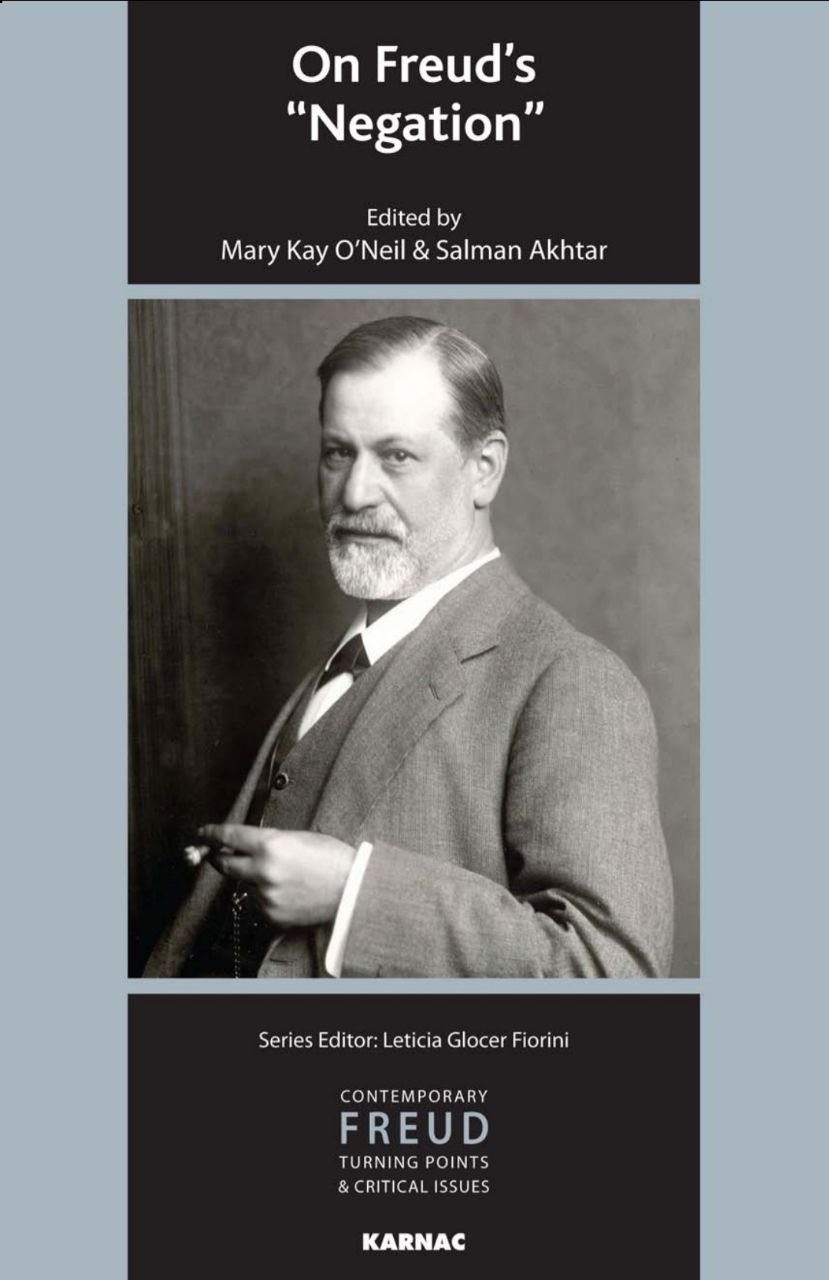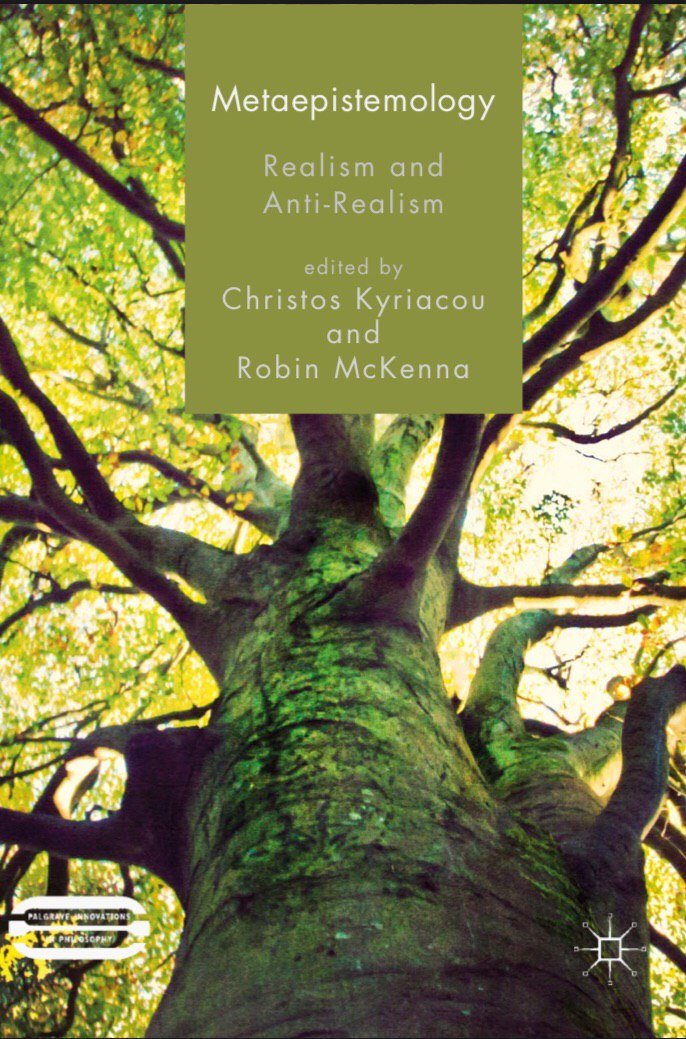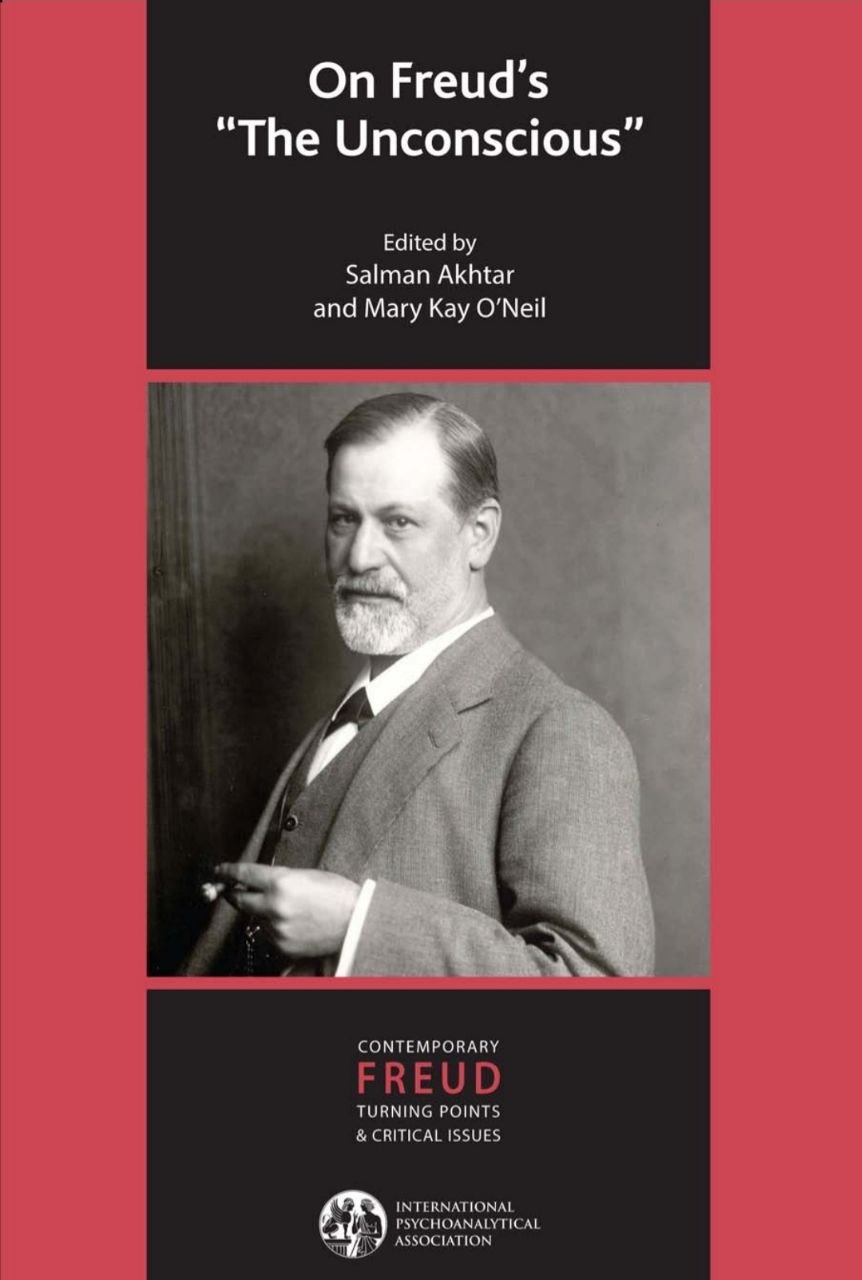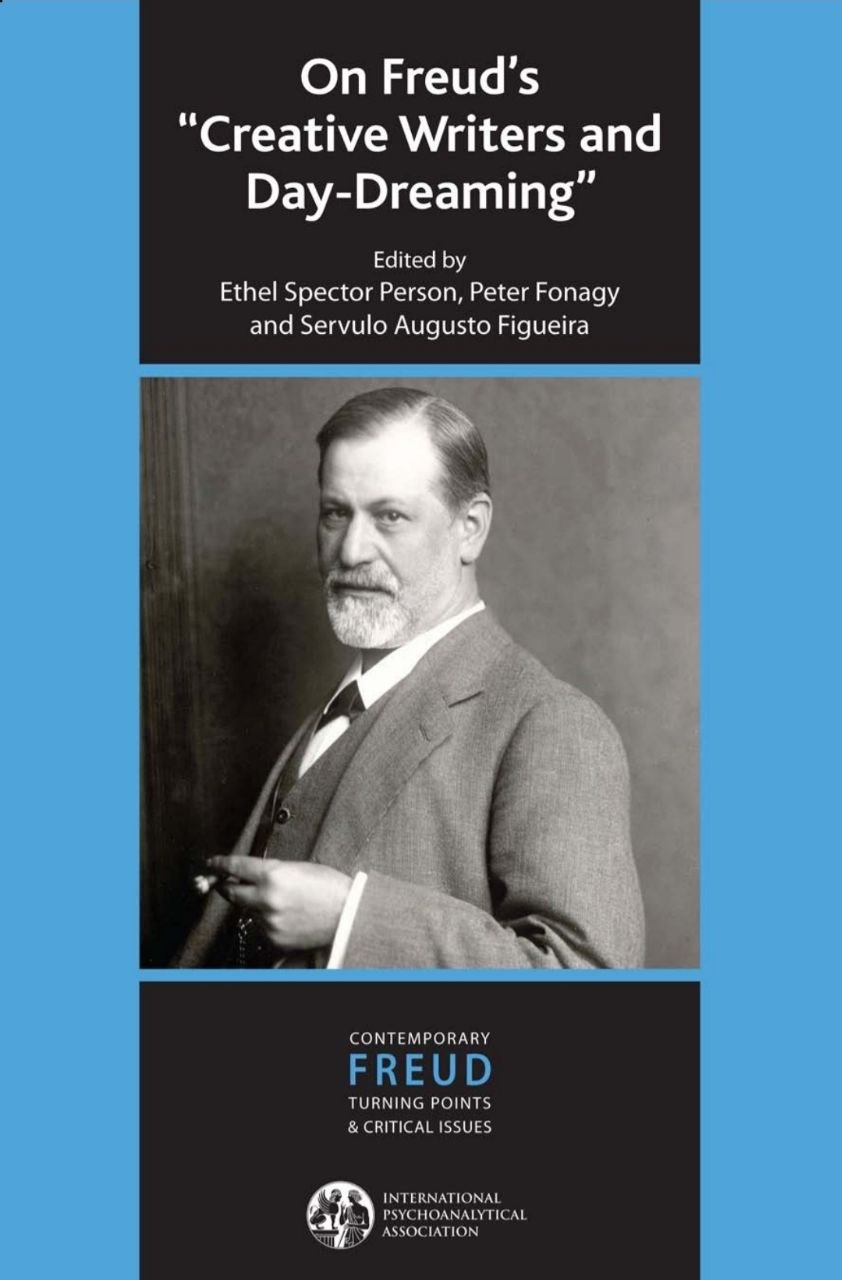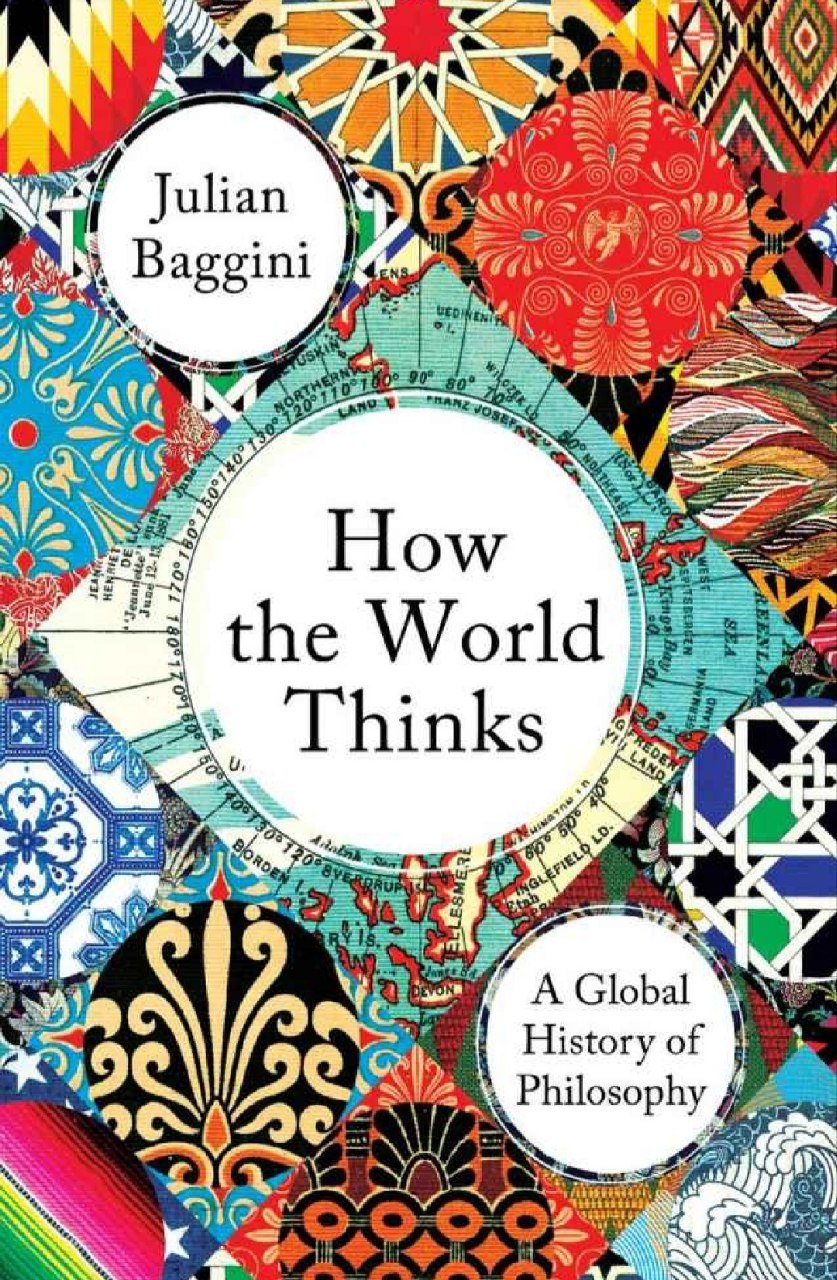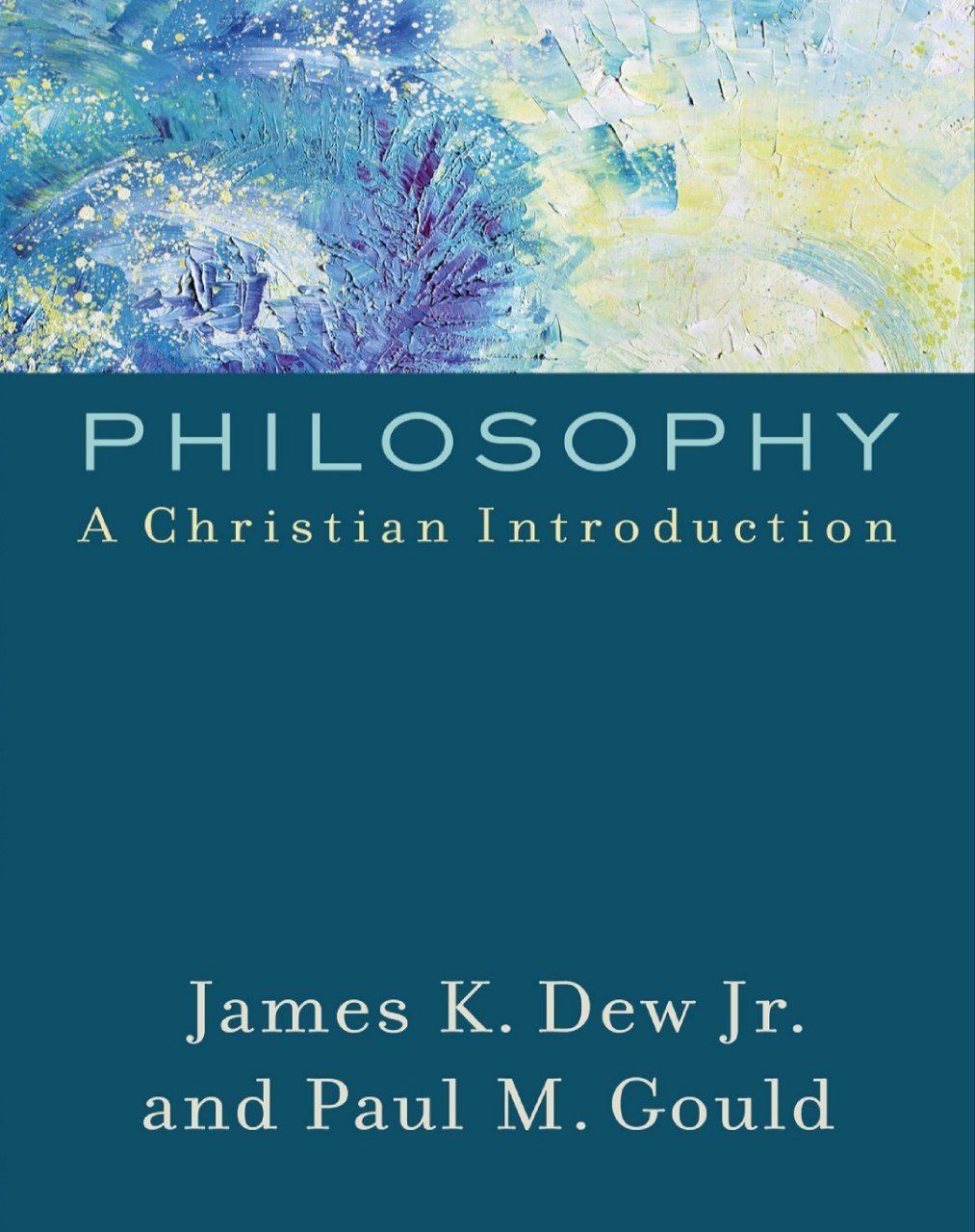
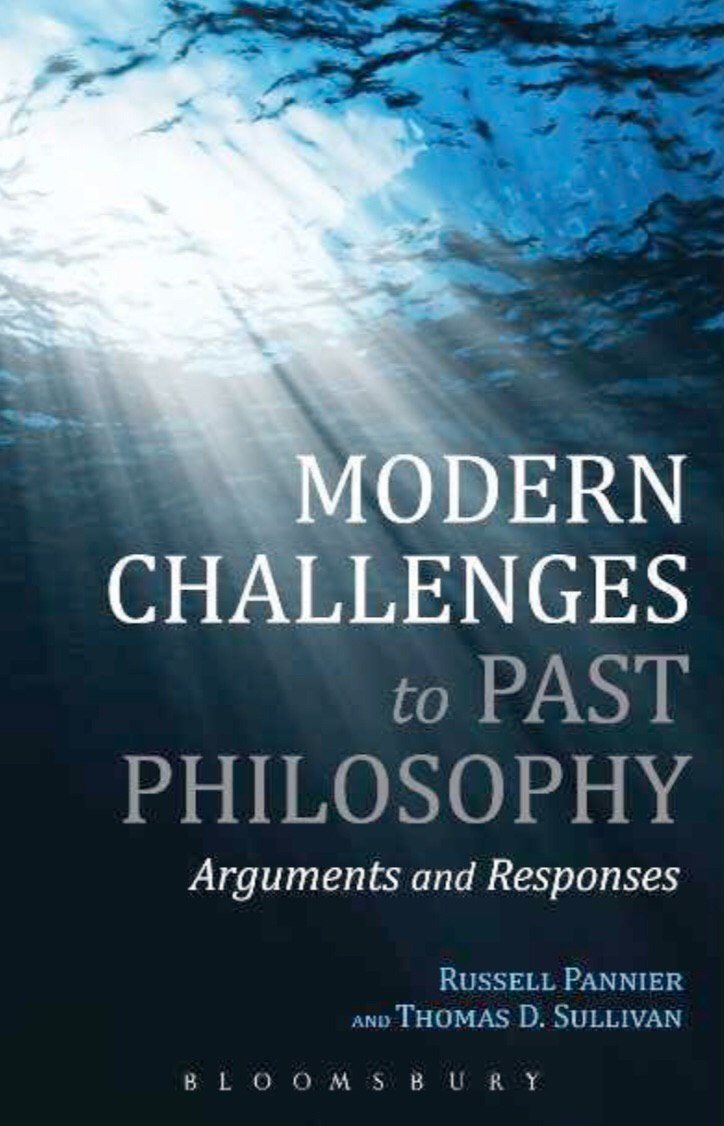
Modern Challenges to Past Philosophy
Reviews
No review yet. Be the first to review this book!
Description
Modern Challenges to Past Philosophy: Arguments and Responses by Thomas D. Sullivan and Russell Pannier offers an in-depth examination of the various philosophical issues that have emerged in contemporary times, challenging traditional philosophical perspectives. The authors explore how modern developments in philosophy, science, and society have led to critical questions regarding the relevance and applicability of past philosophical theories. This book serves as a bridge between classical philosophy and contemporary debates, showcasing how historical philosophical positions hold up when confronted with modern challenges. The book is structured around several key areas in which modern challenges have surfaced. One significant section addresses the challenges posed by empiricism, naturalism, and scientific progress. Sullivan and Pannier discuss how the advances in science and empirical methods have led to skepticism about the metaphysical and speculative aspects of past philosophical systems, such as those found in classical idealism and rationalism. They also explore the tension between scientific explanations of the world and philosophical approaches that emphasize the importance of abstract reasoning and non-empirical knowledge. Another core issue discussed in the book is the impact of postmodernism and critical theory on traditional philosophical thought. The authors analyze how thinkers like Foucault, Derrida, and others have questioned the very nature of truth, objectivity, and the authority of traditional metaphysical systems. They examine how these postmodern challenges undermine the assumptions that classical philosophy relied on and the responses that classical philosophers might offer to defend their positions. In addition, moral and political philosophy is a major focus of the book. Sullivan and Pannier discuss how modern ethical theories, particularly those emerging from consequentialism, relativism, and deontology, engage with and often challenge past ethical systems such as virtue ethics or the natural law tradition. The evolving landscape of political philosophy, including the rise of egalitarianism, feminism, and critical race theory, also raises important questions for past political philosophies rooted in figures like Hobbes, Locke, and Rousseau. The book also delves into the philosophy of mind and epistemology, addressing how modern advancements in psychology, cognitive science, and neuroscience have forced a reevaluation of traditional views about the nature of consciousness, personal identity, and knowledge. Issues like the problem of mind-body dualism, the nature of artificial intelligence, and the challenges to classical views of perception and understanding are explored, with the authors offering potential responses that draw on past philosophical traditions. Modern Challenges to Past Philosophy not only presents the arguments and responses but also invites readers to critically reflect on the intersection of historical and contemporary philosophical thought. It engages with traditional debates while incorporating modern philosophical perspectives, offering a comprehensive overview of how past philosophers might respond to, adapt, or even transcend the challenges posed by modernity. This work is invaluable for anyone interested in understanding the ongoing dialogue between classical and modern philosophy and how this dynamic shapes our philosophical inquiries today.





















.jpg)










.jpg)




.jpeg)




.jpeg)


.png)














.jpeg)

.jpg)

.jpg)







.jpeg)
.jpg)



.jpeg)




.jpg)
.jpg)




.jpg)




